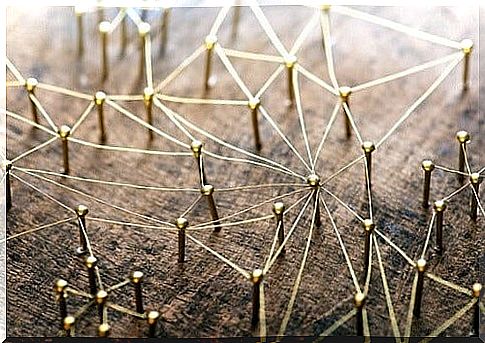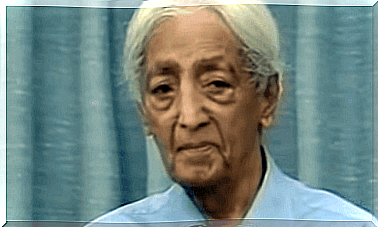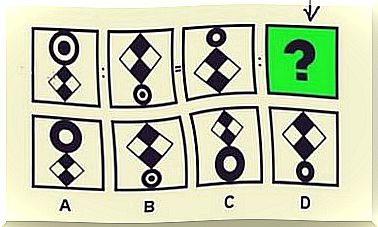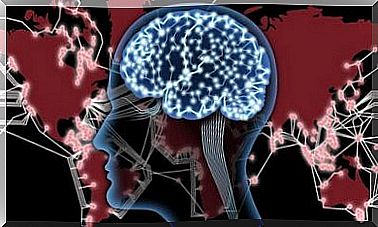Asymmetrical Reciprocity That Hinders Human Relationships

Fairness is the foundation of most of the relationships we have. It must also be said, however, that absolute parity is pure utopia. There is never a perfect balance between what you give and what you receive, much less you can always give more to those who deserve or those who need it. However, when faced with a clear case of asymmetric reciprocity, most relationships come to an end.
Everyone has happened to know a person who would give everything for others, who shares everything he has. Given her extreme generosity, it is difficult for others to pay her back with the same coin. It is impossible to achieve total equality in giving and receiving. But the opposite would be strange; by dint of making calculations, all forms of spontaneity would be lost.
Furthermore, the concept of “giving” is quite broad. It means giving up material or “emotional” goods to others. Where by emotional goods we mean: affection, time, listening to the other, etc. However, asymmetrical reciprocity takes over when one partner or friend is pleased to receive, but makes no effort to reciprocate. Such behaviors can become particularly problematic in the context of couple relationships.
“Wherever there are men, there are differences of opinions, disparity of feelings, difference of moods, such and so many temporary or permanent variations, that perfect consensus is impossible, I am not saying between all or between many, but between a few, between two.”
-Federico De Roberto-

Causes of asymmetric reciprocity in relationships
There is always a reason why asymmetrical reciprocity occurs in relationships. Very often this phenomenon arises from two situations. In both cases, it is assumed that one of the two subjects has more to offer or is indebted to the other (or to the others).
The first situation occurs when the person has particular abilities. For example, she is better at solving problems, has more knowledge or is emotionally stronger than others. These virtues, however, eventually backfire. Everyone expects you to take care of every problem and solve or prevent it without asking for anything in return.
This situation sometimes even extends to the state reality in the case of the so-called “welfare”. It is based on the idea that a person with a vulnerability is not required to reciprocate what is offered. While there are indeed circumstances in which asymmetrical reciprocity can be justified, these are rare, very specific and usually temporary situations.
When it is the weakest who give the most.
The second situation in which asymmetric reciprocity occurs is diametrically opposite to the first. It occurs when one of the two subjects is undervalued or deprived of their dignity. Thus develops the conviction that he is obliged to give everything he has in exchange for little or nothing, because in one way or another his needs are less important than those of others.
This is what has happened to enslaved populations throughout history. Lines of thought have spread according to which, based on the color of the skin or the culture to which one belongs, one has (or does not) have certain rights. In these cases, the submissive party can only give, without expecting anything in return.
This often happens also in the context of human relationships, in particular in couple relationships and in those between family members. The idea is affirmed that the most fragile or otherwise vulnerable person must contribute more than the other (or others). Following this line of thinking, a person who has not studied is bound to serve the educated. Or, insecure people would be required to submit to others to gain their approval.

The effects of asymmetric reciprocity
While a kind of asymmetrical reciprocity always occurs in human relationships in one way or another, when it is completely disproportionate it can be extremely harmful to the people it affects. Asymmetry creates unfair and unhealthy conditions. Unjust because one person ends up being a tool in the other’s hands. And unhealthy because this lack of reciprocity is a full-fledged form of violence which in turn generates more violence.
Whenever such a disproportionate asymmetry occurs, even in the case of states, there is a part that is exploited, forced to give without receiving. Such a situation for a short period of time can also be sustainable, but sooner or later (sooner rather than later) will give rise to a growing dissatisfaction that often ends up destroying the false balance created.
In any case, not even the person who “dominates” benefits from asymmetrical reciprocity. He is in control of everything and can count on free help from someone else, but sometimes this ends up being humiliating, making the person in question feel useless. Furthermore, the “ruler” will always need the help of others. What would become of the master without his slave? What remains for the dominant once the dominated person has been lost?









